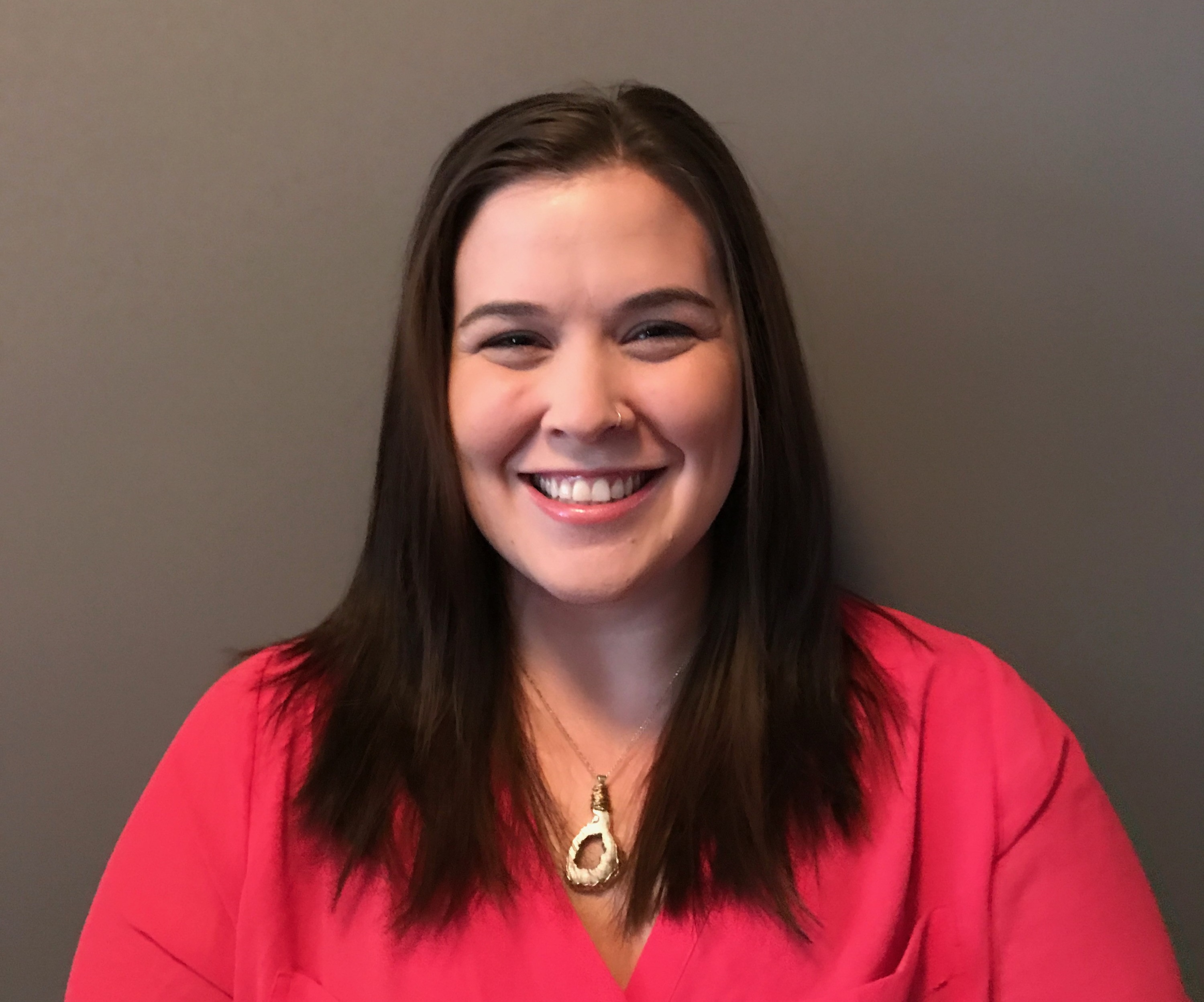
As an alumna and an occupational therapist, Kaarina Valavaara was excited when the U of A approached her with an opportunity to help incorporate Indigenous content and cultural safety into the training materials for future occupational therapists.
Occupational therapy can be summed up in a few words: it helps people live their best lives.
Every day, individuals with disabilities, injuries and the like rely on occupational therapy services to help them carry out their day-to-day activities. In many instances, cooking, cleaning and even moving around can be a hard task for some. But occupational therapy helps them adapt, helps them learn how to do all of the things they once did, or want to do, to increase their quality of life.
But perhaps one of the lesser-known objectives of occupational therapy, and one of the most important, is partnerships. More specifically, partnerships with individuals and communities who experience social justice issues and health inequities in hopes of removing some of the barriers these individuals may experience.
So, what is the responsibility and role of occupational therapists when it comes to these partnerships-when it comes to addressing health-care barriers and disparities that exist for many Indigenous peoples? And how can these issues be addressed in a way that is culturally safe?
These are questions that Kaarina Valavaara asked herself when she was presented with a unique opportunity to teach future occupational therapists the importance of Indigenous health perspectives.
"I graduated from the University of Alberta's Faculty of Rehabilitation Medicine with an MSc in Occupational Therapy in 2011. I was the only person who outwardly identified as Indigenous in my class, and it was an isolating experience because there wasn't much information on the Indigenous ways of knowing, history or health and well-being," says Valavaara.
As an alumna and an occupational therapist, Valavaara was excited when the U of A approached her with an opportunity to help incorporate Indigenous content and cultural safety into the training materials for future occupational therapists by teaching the module OCCTH 543: Indigenous Ways of Knowing and Occupational Therapy: Building Culturally Reflexive Practice alongside Calgary clinical instructor Michele Moon.
The module, which took place in May 2017, explored the impact of historical and current policies and practice on the health of Indigenous peoples.
"This course really gave students the chance to learn more about Canada's history with Indigenous peoples and the impacts that colonization has and continues to have on their health and well-being," Valavaara says. "It helped them to reflect on their practices and see where they can change their practice to be culturally reflexive."
Katelyn Favel, a second-year occupational therapy student at the Calgary satellite who also identifies as Indigenous can now describe herself as 'better equipped' to take on the potential barriers that Indigenous clients may face in the health-care system.
"I really think that being equipped with this kind of knowledge can translate into advocating better for the Indigenous population with hopes of trying to break down the barriers they experience with their health and daily lives," says Favel. "I think occupational therapists need to be aware that our practice needs continual reflection and evaluation of the client process, to see how we can approach it better.
The Indigenous population is one of the fastest growing populations in Canada so it is important for occupational therapy students to be better informed on how to work with Indigenous peoples as allies and partners in a culturally safe manner in order to provide effective occupational therapy services."
Fellow second-year occupational therapy student Ryan Quan feels much the same.
"Colonialism has and will continue to have an impact on the health and well-being of the Indigenous population-that's something I was able to take away from this module. That and the fact that the aspects of occupational therapy and the concept of health held by Indigenous peoples are very similar in their holistic manner, which allows occupational therapists to have a greater understanding of the health needs of this population."
The biggest take away, Valavaara says, is the history of Indigenous peoples in Canada. Specifically, how colonization has and continues to negatively impact their health, how clinicians can and should seek to be allies and partners with Indigenous peoples, and how racism can impact health-care.
And with this course being created in the spirit of the Truth and Reconciliation Commission of Canada recommendations, Valavaara also hopes students will take it upon themselves to be a solution.
"There's one part that the Truth and Reconciliation Commission of Canada says best: reconciliation is a Canadian problem. We need to be open and humble in order to learn from Indigenous peoples and their experiences. We have to be curious and learn more in order to move forward with reconciliation.
Reflecting on and learning about the hard truths is a part of figuring out how to move forward. I think this module gave students that knowledge."
The Department of Occupational Therapy hopes to offer the module again in the fall.